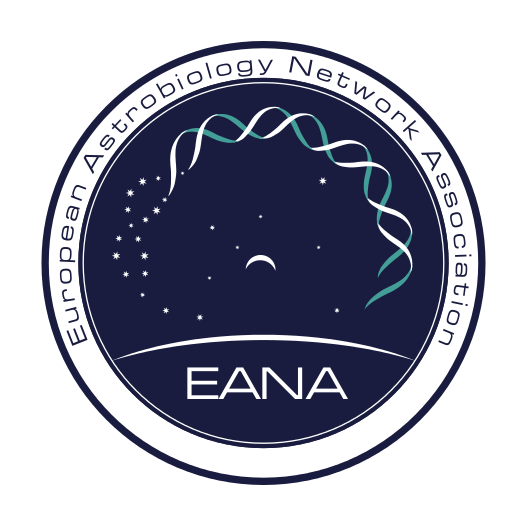 |
Abstract EANA2025-47 |

|
Selection and Experimental Evolution of a Bacterial Isolate under Acid Stress
Acidophilic microorganisms serve as valuable models in astrobiology due to their ability to thrive under extreme pH conditions analogous to those found on planetary bodies such as Venus. This study aimed to select and experimentally evolve bacterial isolates capable of tolerating and adapting to increasingly acidic environments, with the long-term goal of obtaining extremophiles suitable for application in astrobiology.
Initially, from the pool of 24 environmental bacterial isolates, we identified growth capabilities across a pH range through OD600 measurements after 24 hours. Ten isolates that demonstrated robust growth at approximately pH 5.0 were subjected to dynamic optical density monitoring (every 30 minutes over 5 hours) in 96-well microtiter plates at four different pH conditions (from 7.0 to 5.0), following 1:50 dilutions. Based on the calculated growth rate constants (k), one superior isolate exhibiting a high growth rate constant at pH 5.0 was selected for a long-term evolution experiment.
This isolate underwent serial daily passages (1:100 dilution) in liquid medium at pH 5.0 over one week, followed by high-resolution growth monitoring, which served as a baseline for guiding subsequent adaptation experiments. Isolates were then transferred to pH 4.8, with only those showing improved growth compared to the baseline were retained. These bacterial isolates were cryopreserved at –80 °C for further experimentation.
Further adaptation was performed at a pH of 4.6, with 8 out of 10 isolates successfully growing by the fourth week.
These eight acid-adapted strains will be sequentially transferred into media with pH decreased by 0.2 units each cycle, aiming to select isolates capable of growth at pH below 2.0. Such acidophilic strains may serve as proxies for microbial life in acidic extraterrestrial environments, contributing to the search for biosignatures and habitability assessments on planetary bodies like Venus.
